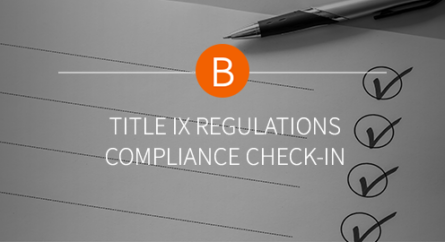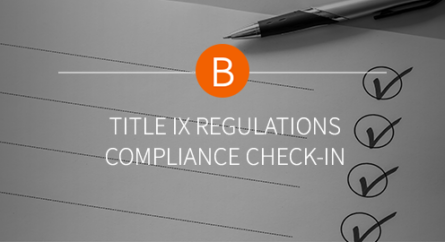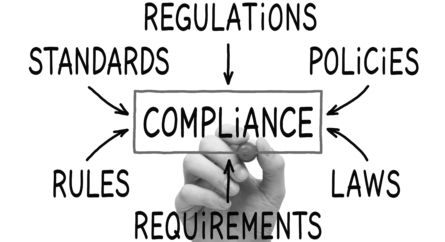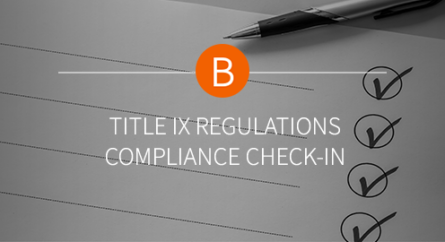Disability Discrimination or Legal Limitations? How to Effectively Manage Your Employees’ FMLA and ADA Rights
Expanding Family and Medical Leave Act (“FMLA”) and Americans with Disabilities Act (“ADA”) protections for employees often leave employers feeling vulnerable to being taken advantage of. If an employer suspects FMLA or ADA abuse, the employer may choose to look the other way rather than risk a discrimination claim that could expose it to hundreds of thousands, or even millions, of dollars in damages. That, of course, comes at its own cost to the institution.
So what can institutions do, legally, to protect themselves?
With regard to the FMLA, it is, at its core, governed by the medical certification when the leave is taken for the employee’s own health condition. Employees can be required both to provide the medical certification and to follow its terms. Thus if, for example, an employee exceeds the time afforded by the certification, an institution could issue a documented warning reminding the employee of FMLA requirements and the institution’s policies and stressing that any additional time off, without the required certification, will be considered unauthorized and subject to disciplinary action in accordance with those policies.
As for the ADA, the employee should engage in the “interactive process” to determine whether there are reasonable accommodations that would allow him or her to return to work. As an employer, documenting efforts to engage the employee in that process can be instrumental in protecting the institution from liability in the future.
Client Tip
Above all else, institutions should ensure that their attendance policies are compliant with laws like the FMLA and ADA, and should consult with counsel before disciplining or terminating employees for excessive absenteeism, tardiness, accommodation obligations, or failure to follow FMLA or ADA guidelines.
Categorized: Uncategorized
Tagged In: ADA, discrimination, FMLA













